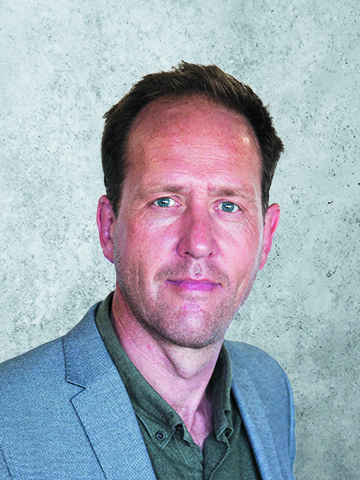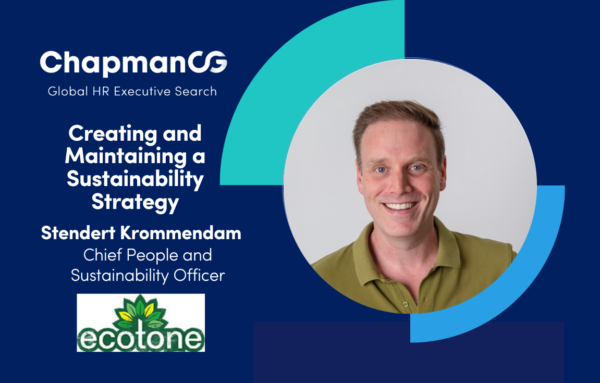From Talent Innovation to Joint Ventures and Strategic Partnerships
After a supercharged week in the Netherlands where ChapmanCG’s Ben Davies and Tim Rayner co-hosted two fantastic HR Leader sessions at Heineken and Cargill, there was clearly strong momentum in terms of the great potential HR has in developing sustainable entrepreneurial cultures and ventures that are absolutely critical to the survival of both established and new businesses.
At Heineken, there were regional and global HR leaders from Avery Dennison, CloudPay Ecolab, IFF, Liberty Global, Royal Philips, Stryker Corporation and several others where the discussions involved how to turn ‘high potential’ identification into successful, well-organised talent mobility and talent rotation programs outside of one’s own department. Everyone in attendance agreed that there must never be a ‘business plan without a people plan’ so it’s important that business leaders take a broader, organisation-level approach when developing talent management strategies.
At Cargill, we were joined by HR leaders from Akzo Nobel, BMW, Danone, Hewlett Packard Company, Maersk, Monsanto, Shell and others where everyone was again welcomed with delightful hospitality and for the first time in the week lovely clear blue skies. There was huge interest in the evolving and uncertain business environment where many of the top 500 companies from five years ago are simply not either no longer in existence or have lost some of their market appeal. Whilst this and the on-going discussions about AI or Automation has the potential to create a ‘doomsayers’ sentiment, there were some great examples of both partner organisations and in some cases direct competitors coming together on joint venture interests by setting up independent organisations to fight the challenge of reducing plastics in water bottle distribution and sharing talent across non-competitive organisations when there was a specific skill set shortages. The sharing of this kind of talent meant employees would develop quicker simply because they have more exposure to different processes and strategies by working in competitor environments, though working on the same or similar products/projects.
There is no doubt that organisations are clearly focussed on leveraging the increasingly sophisticated people-related system products that are evolving at lightning speed, which is making the decisions arguably more complex. The big challenge in this area remains the ability to integrate new technology to existing systems already in place.
Looking from the outside, one might say that it’s clear that leaders in the HR, people, culture, engagement space are becoming critical in managing not only constant transformations and change programs, but the rapid development of skill sets and leadership capabilities through this continuum of change.
The Netherlands continues to feel like an epicentre or melting pot of an increasingly diverse group of HR leaders in Europe where high energy, innovation and development in terms of the approach and impact HR can have on business is thriving.


 René Rosso
René Rosso Orelia Chan
Orelia Chan Andrea Merrigan
Andrea Merrigan Stanislav Medvedev
Stanislav Medvedev Fleur Daniell
Fleur Daniell Finian Toh
Finian Toh Nicola Hasling
Nicola Hasling Stefanie Cross-Wilson
Stefanie Cross-Wilson


